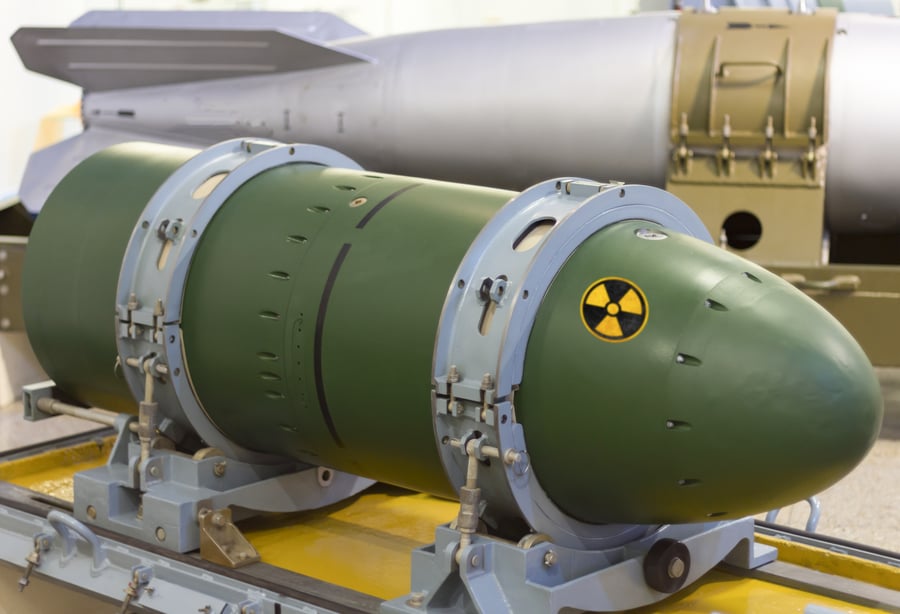
According to Iranian state media, Nabavian’s comments signal a potential shift toward nuclear weapons development, a position likely supported by key Iranian institutions.
Speaking to Iran’s IRNA news agency, Nabavian stressed that Iran must “equip itself with any weapon that creates deterrence,” referencing the nuclear arsenals of the US and Israel as key examples. His remarks come at a time when tensions between Iran and the West, especially regarding nuclear capabilities, are on the rise.
Describing Nabavian as a conservative politician and a Shia cleric known for his radical foreign policy views, the Middle East Eye noted his controversial comparisons of the 2015 nuclear deal with the 1828 Treaty of Turkmenchay, which resulted in significant territorial concessions to Russia. Nabavian, who was re-elected in March 2024, has long been a vocal critic of Iran's diplomatic approach, advocating for a more aggressive stance on defense and security matters, Jerusalem post reports.
In a speech in parliament, Nabavian stated that Iran’s “security is our red line,” emphasizing the necessity of acquiring weapons capable of deterring its enemies. He also framed this shift in terms of religious duty, arguing that Iran must surpass the military capabilities of its adversaries, including the US and Israel, to ensure its survival. His comments reflect broader sentiments within Iranian politics, as other lawmakers, such as Ahmad Naderi, have echoed similar concerns about Iran’s strategic disadvantage in the face of nuclear-armed enemies.
The timing of Nabavian’s remarks and the coverage in Iranian state media suggest that these comments may be part of a broader effort to test the waters for a potential policy shift. This could pave the way for official approval to pursue nuclear weapons, regardless of the stance of Iran’s new president or other high-ranking officials.
These remarks come amid rising tensions between Iran and its regional adversaries, including Israel and the US. Iran's strategic discourse has increasingly focused on the need for a stronger deterrence posture.
Earlier this year, the head of Iran's Strategic Council on Foreign Relations, an advisor to Supreme Leader Ayatollah Khamenei, stated that while Iran had not yet decided to pursue an atomic bomb, it would reconsider its nuclear doctrine if it faced an existential threat, particularly in the event of an attack on its nuclear facilities. The concept of a “cornered cat” — a reference made by former intelligence minister Mahmoud Alavi — highlights how Iran might behave differently if it felt its survival was at risk.
Nabavian’s call for a nuclear arms build-up is likely to heighten concerns in the region, especially as tensions continue to rise between Iran and its adversaries, including Israel and the US.


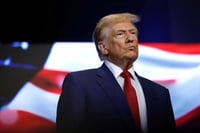
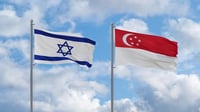
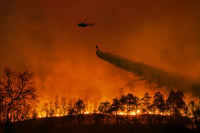


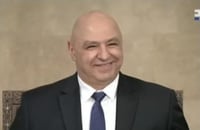

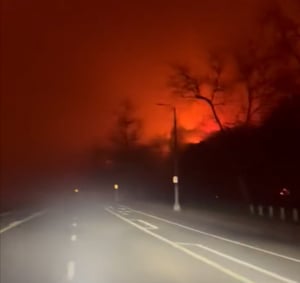
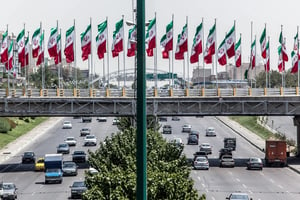
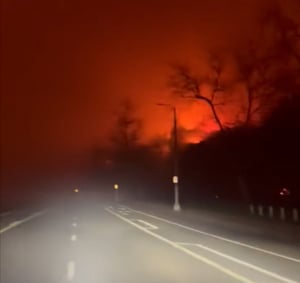
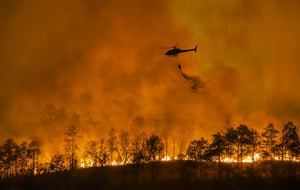
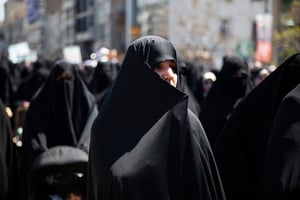
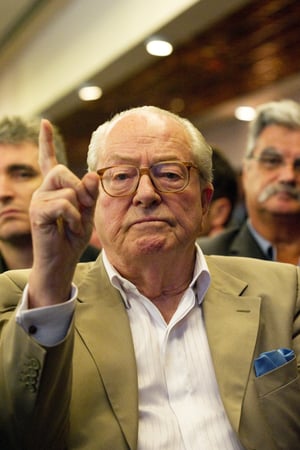
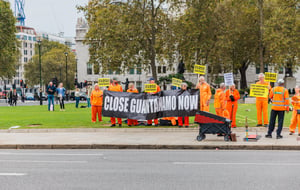
0 Comments